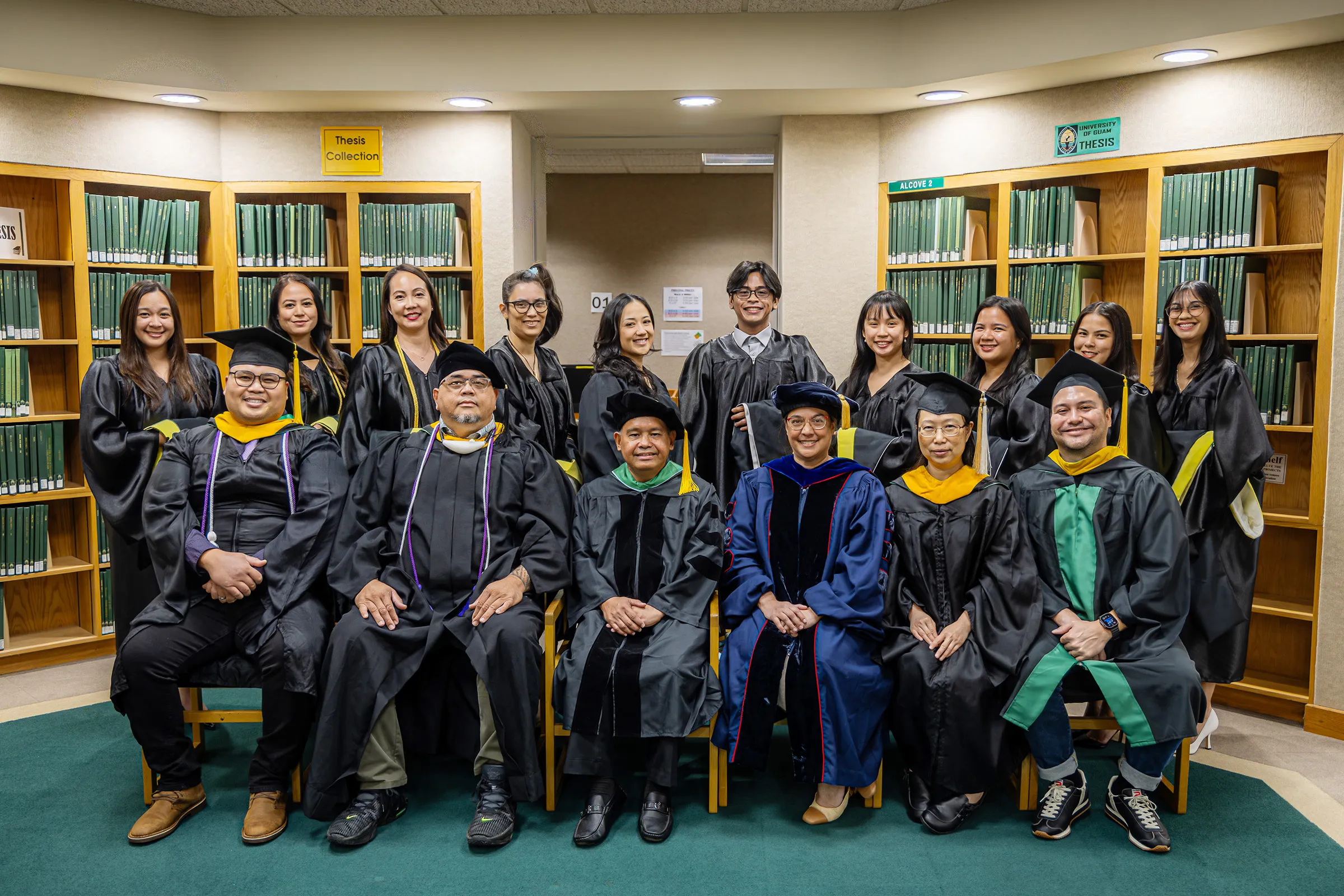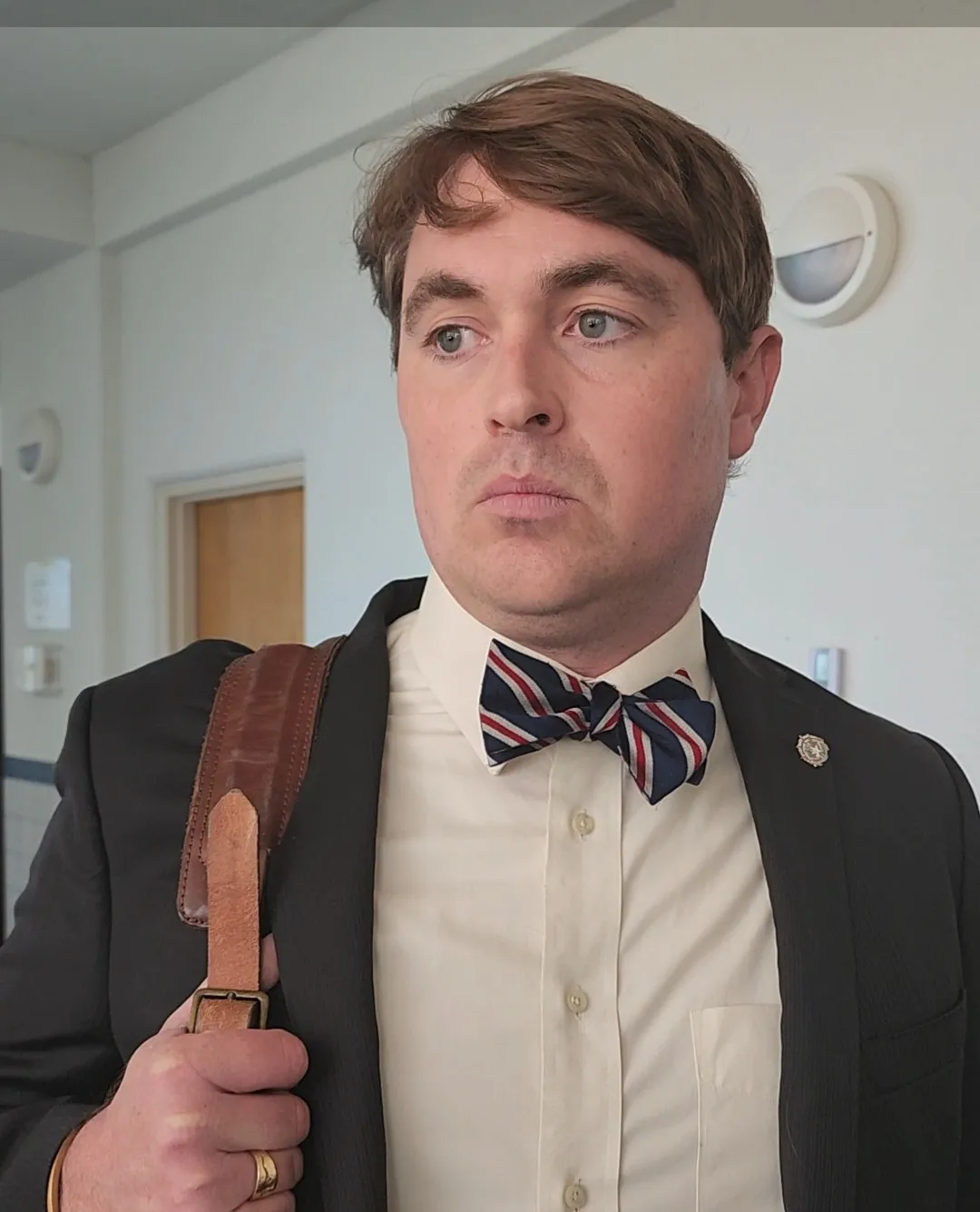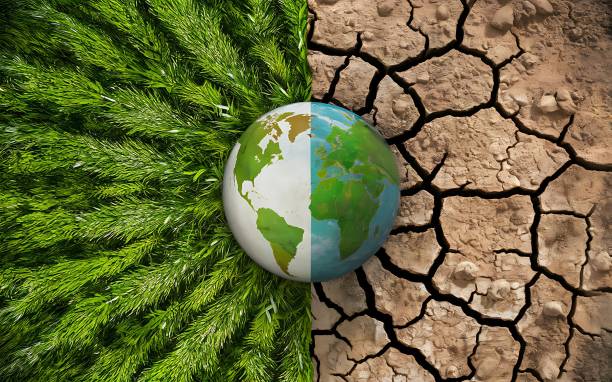(Fiji) – As the world gears up for the United Nations Climate Conference (COP30) in Belém, Brazil, Pacific Island nations are demanding action, not words, to address what they describe as a climate-induced infrastructure and finance crisis threatening their survival.
In his opinion piece, “COP30 – Can the World Deliver a Consensus that Secures the Blue Pacific?”, Dr Satyendra Prasad, Senior Fellow at the Carnegie Endowment for International Peace and Fiji’s former Ambassador to the UN, said Pacific leaders have been clear — they want less talk and more implementation.
“Pacific’s leaders were clear at the recently concluded Pacific Islands Forum Meeting in Honiara. They want to focus their attention on speeding up the implementation of programmes. Finance and know-how are the missing ingredients for that. They were unambiguous – the World is failing the Pacific.”
He said the region faces an annual infrastructure deficit exceeding US$1billion, with hundreds of schools, health centres, and key utilities across Solomon Islands, PNG, Vanuatu and Fiji needing urgent rehabilitation or relocation.
“The Blue Pacific’s infrastructure distress is a cocktail that is persistent in poisoning our human development progress. This has lethal consequences for our elderly, for children and the most vulnerable.”
Dr. Prasad said the Pacific receives “less than 1.5 percent of total climate finance” despite being the world’s most climate-vulnerable region. “This must change,” he said.
He credited Vanuatu and Pacific youth for their leadership in achieving the International Court of Justice’s advisory opinion on states’ climate obligations, calling it “much-needed energy” for the Blue Pacific’s negotiators heading to COP30.
At COP30, Dr. Prasad warned the world is on track for a 3°C temperature rise — a scenario he says would devastate the Pacific.
“Life across our coral reef systems will simply roast at those temperatures. The region’s economic lifeline and its food security will be harmed irreparably,” he said. “Bleached reefs bleach tourism incomes.”
Dr. Prasad said a deal for the Pacific at COP30 must secure “predictable” and “settled” climate finance.
“The region should not feel like it is playing a lottery – as is the case today. Tonga must know broadly how much climate finance will be available to it over the next 5 years, so must Palau and so must PNG.”
He urged COP30 host Brazil to restore trust in the global process and praised Pacific leaders including Tonga’s Prime Minister Dr Aisake Eke, PNG’s Prime Minister James Marape, and Solomon Islands Prime Minister Jeremiah Manele for insisting that developed nations deliver their fair share of climate finance.
Dr. Prasad outlined why climate finance must flow faster and on a larger scale.
“Most countries in our region have less than a decade to adapt. Farms and family gardens, small businesses, tourist resorts, villages and livelihoods need to adapt now to meet a climate changed world.”
He said delaying adaptation would be disastrous: “If adaptation is pushed into the future because of woefully insufficient finances – the window to adapt will be lost.”
Dr. Prasad said the Pacific’s rightful share of global climate finance is between 3 percent and 5 percent, amounting to at least US$1.5 billion annually through 2035.
Looking beyond COP30, he said COP31 — which the Pacific hopes to co-host with Australia — must be a “circuit breaker” moment.
“Repeated recoveries mean that every next recovery becomes that much harder than the one preceding it,” he said.
“Climate finance by its very nature therefore must involve deep changes to the architecture of international development and finance.”
He proposed a Pacific COP31 Package focused on seven priorities:
A fully operational Loss and Damage Fund.
A viable Pacific Regional Infrastructure Facility.
Defined and ring-fenced climate finance allocations.
Large regional programs to protect oceans and biodiversity.
Fast and high-quality climate finance for small states.
Direct resources for communities to rebuild resilience.
Strong disaster risk reduction mechanisms.
Dr. Prasad also highlighted the significance of Prime Minister Sitiveni Rabuka’s concept of a “Blue Pacific Ocean of Peace,” saying it strengthens the region’s case for embedding the ocean-climate nexus into global frameworks.
“An Ocean of Peace super-charges the Pacific’s commitments to take forward transboundary marine research and conservation, end plastic and harmful waste disposal, end harmful fisheries subsidies and decarbonise shipping.”
He concluded by saying COP30 and COP31 together represent “a rare and unique window of hope.”
“Between COP30 and COP31 lies a rare and unique window of hope. The Blue Pacific can leverage this well and finally begin to win,” Dr. Prasad said.
“The stakes are so high. I join Pacific Islanders in wishing the Pacific’s leaders and policy makers great success,” he said.










